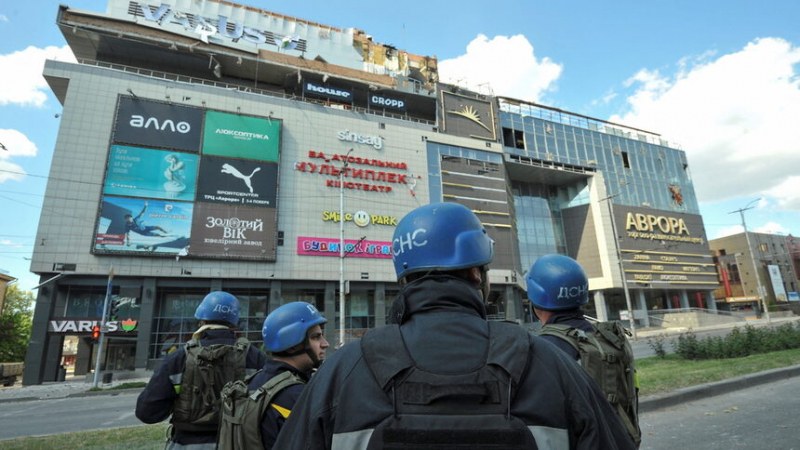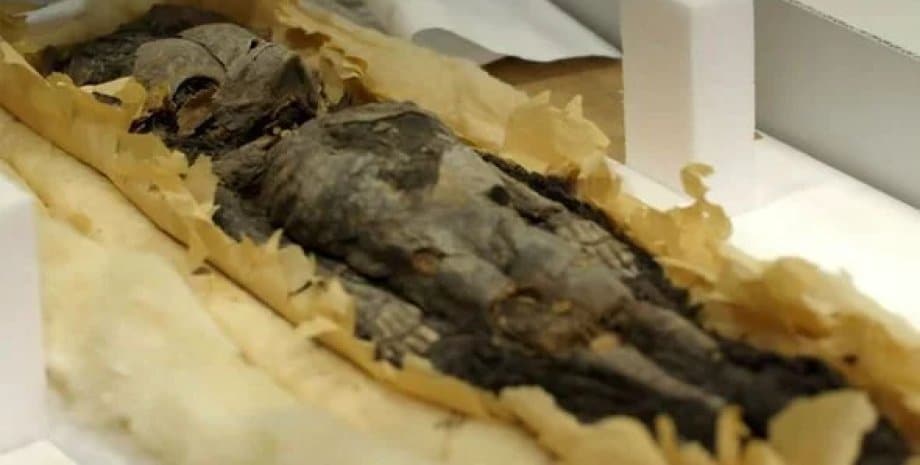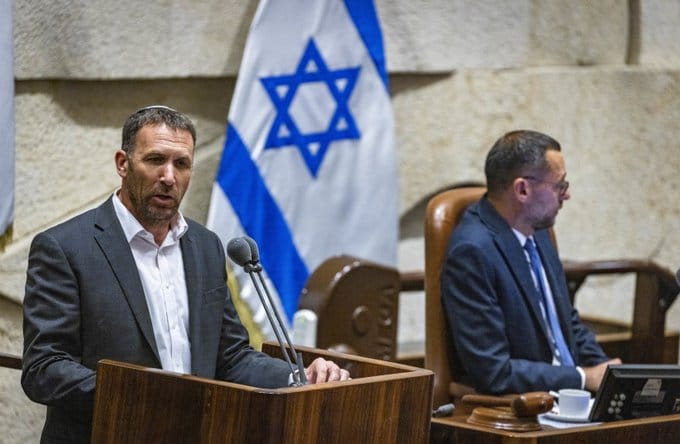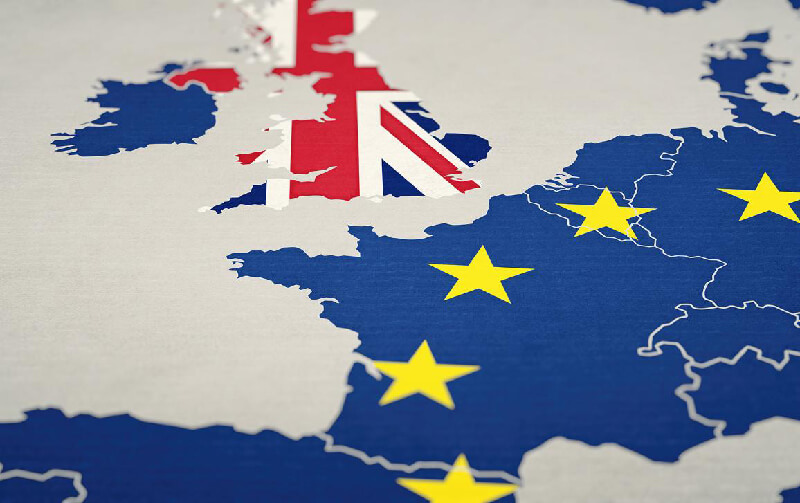Residents of the city of Zaporozhye are currently unable to vote, authorities said
Preparations for a referendum on Ukraine’s accession to the Zaporozhye region have begun. The process is undergoing technical processing, and the final date has not yet been determined. This was stated on June 8 to TASS by Artyom Charlay, assistant to a member of the General Council of the military-civil administration of the district.
“Technical issues are currently being worked out – when to do it, how to do it. We are currently working on this issue because a significant part of the area, where almost half of the population lives, is controlled by the West, by the Nazis. city of Zaporozhye at the moment can not vote, because if they say “yes”, if they say “we want to join Russia”, they will immediately be taken to the torture rooms of the Security Service of Ukraine (SBU), people live there in fear, “he said.
Charlay added that the question of whether it is right to hold a referendum before the “complete liberation” of the Zaporozhye region is also being discussed. According to him, if an electronic system for voting in the referendum is organized, the inhabitants of the territories controlled by the Ukrainian army will again not be able to vote due to the broken mobile and internet connection.
Earlier, the member of the Main Council of the military-civil administration of the district Vladimir Rogov announced that about 70% of the territory of Zaporozhye district is “liberated”, ie. is under the control of Russian forces. At the same time, however, the regional center remains under the control of the Ukrainian army – the city of Zaporozhye, where almost half of the region’s population lives.














